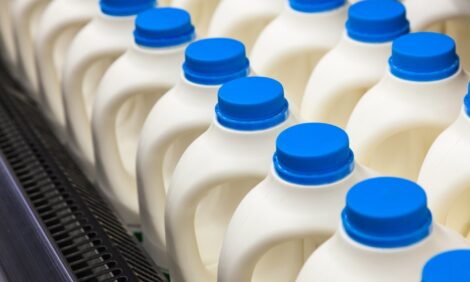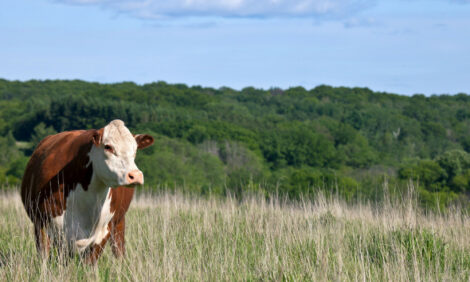



EFSA: Food Safe from Animal Cloning
EU- As far as food safety is concerned, there are no indications that differences exist between food products derived from healthy clones or their offspring – in particular milk and meat - from those of healthy, conventionally bred animals, according to a new study from the European Food Safety Authority.However, in its scientific statement, EFSA said that it recognises that animal health and welfare concerns continue to be associated with this technology.
EFSA’s latest statement on animal cloning which has been produced on the request of the European Commission concurs that no new scientific information has become available since its previous 2010 statement that would require reconsideration of the Authority’s earlier conclusions and recommendations.
Moreover, new scientific information supports previous findings that:
- With respect to food safety, for cattle and pigs there are no indications that differences exist for meat or milk products from healthy clones or from their offspring compared with those from healthy conventionally bred animals. Data on clones of farmed species for food production other than cattle and pigs remain limited and do not allow for the assessment of food safety and animal health and welfare aspects.
- The cloning technology using Somatic Cell Nuclear Transfer (SCNT) can produce healthy animal clones but during the SCNT cloning process, animal health and welfare remain a matter of concern mainly due the increased number of deaths at all stages of development (from the perinatal period until the juvenile stage, as well as mortality through abortion). Importantly however, these concerns do not affect offspring of clones born through conventional breeding as they appear to develop normally.
- From the limited data available, there are no scientific indications that would suggest a risk to genetic diversity, biodiversity or the environment from farmed clones when compared to conventionally bred farmed animals.
- Continued research with farmed animals for the optimisation of the different steps of SCNT cloning has resulted in increased knowledge since EFSA’s last statement on this issue. Limited improvements were shown by some researchers but so far have not led to the significant enhancement of the overall efficiency of cloning.
EFSA’s statement also provides information on the current efficiency of cloning in comparison to assisted reproductive technologies using in vitro embryos.
TheCattleSite News Desk


